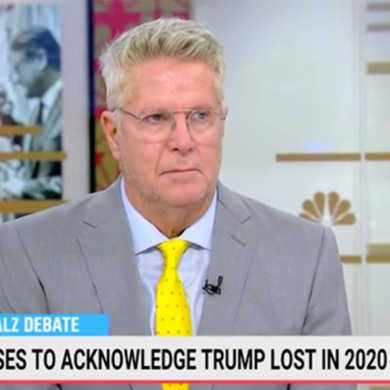Why Oil Prices Are Not Surging as Middle East Conflict Escalates
Oil prices have remained relatively stable despite the escalating tensions in the Middle East. Several factors are contributing to this stability:
– **Market Resilience**: Despite the heightened geopolitical risks, financial markets have shown resilience. Investors have remained relatively calm, and oil prices have not surged as expected.
– **Global Economic Outlook**: The global economy is facing significant challenges, including the effects of successive shocks since COVID. Higher central bank interest rates and reduced government borrowing have weakened oil demand.
– **OPEC+ Plans**: The Organization of the Petroleum Exporting Countries (OPEC+) is expected to increase oil production in December, which could alleviate concerns about supply disruptions.
– **China’s Economic Stimulus**: Recent economic stimulus in China has also contributed to lower oil prices. China’s weak consumer spending and property crisis have reduced its oil demand.
– **Iran’s Oil Production**: Iran, a significant oil producer, has seen its output rise to a six-year high of 3.7 million barrels per day. However, its relatively amicable relations with Qatar might allow for continued supply if Iran implements shipping restrictions.
– **Saudi Arabia’s Output**: Saudi Arabia, the largest global oil producer, has reportedly abandoned its $100 price target. Any indication of production increases could offset concerns about supply disruptions in the Middle East.
These factors collectively explain why oil prices have not surged significantly despite the escalating conflict in the Middle East.








